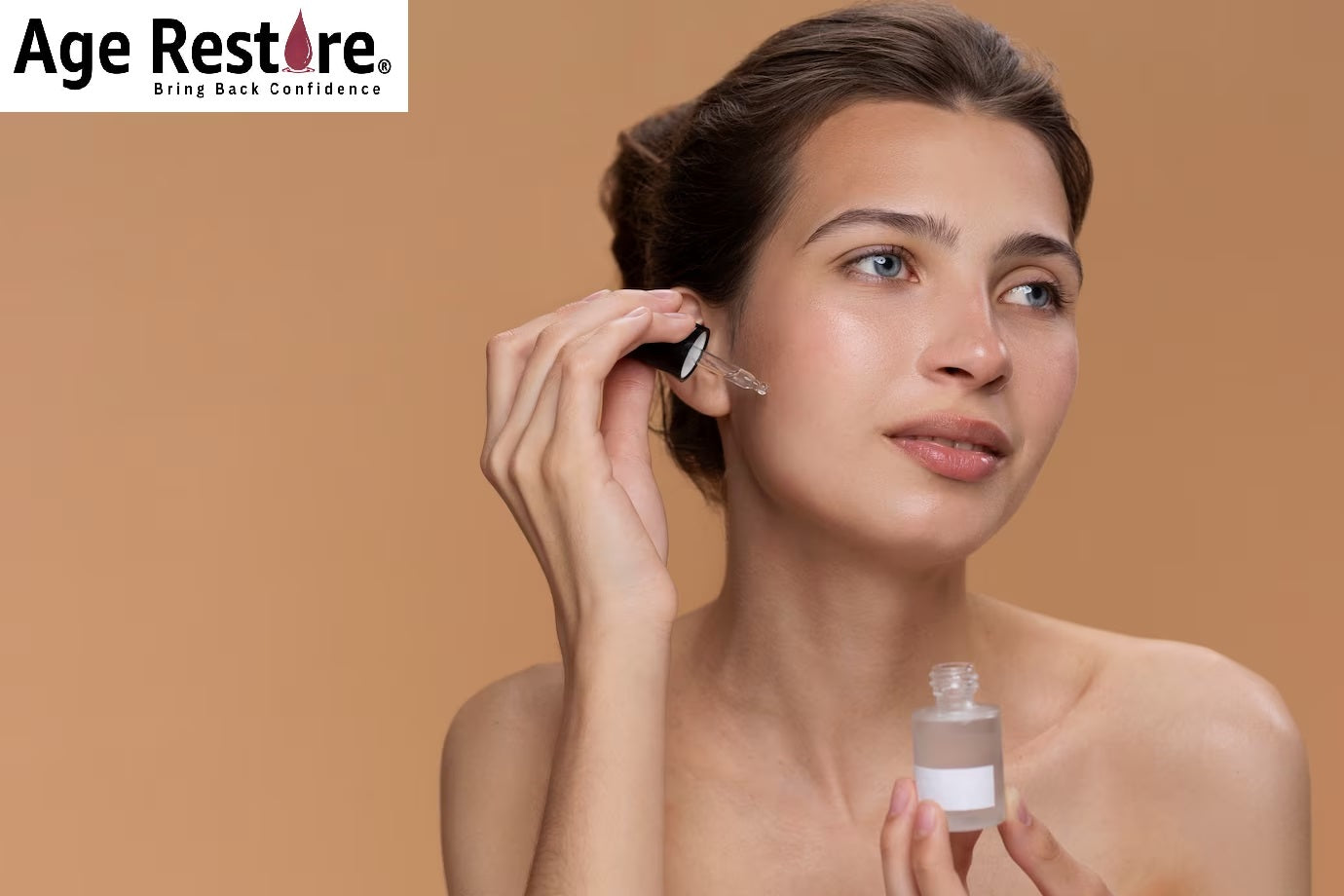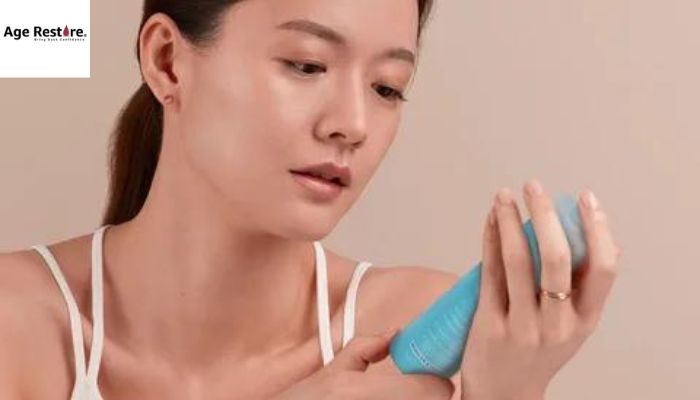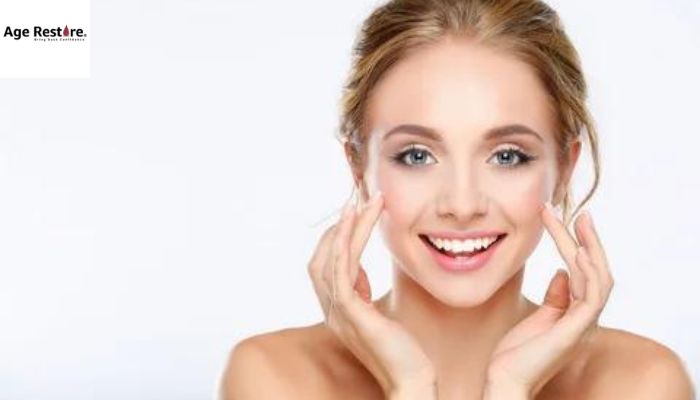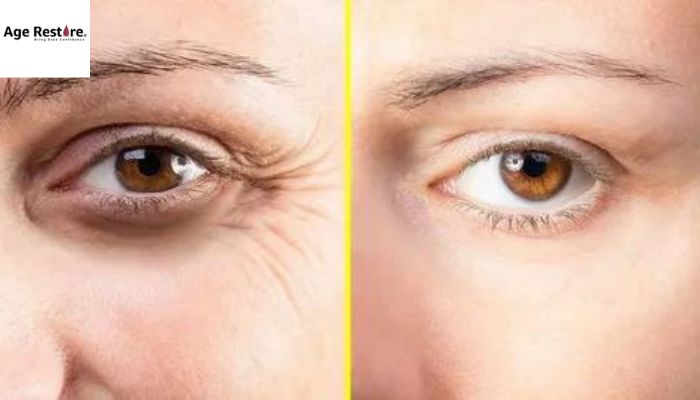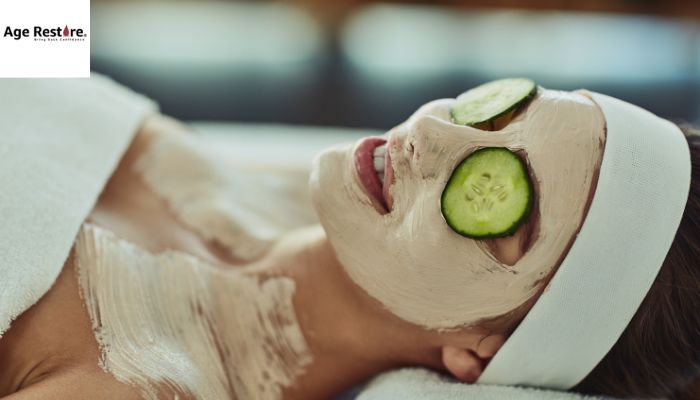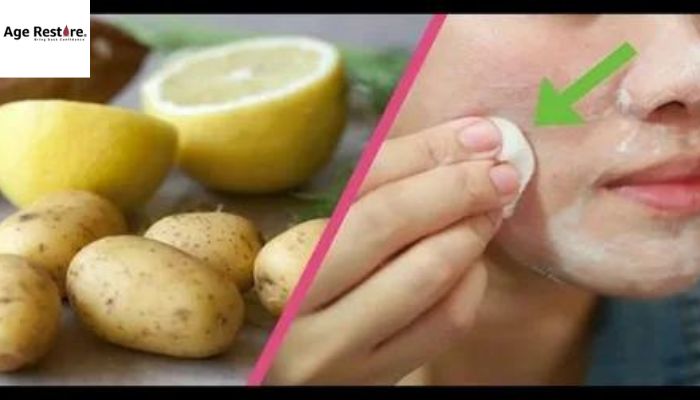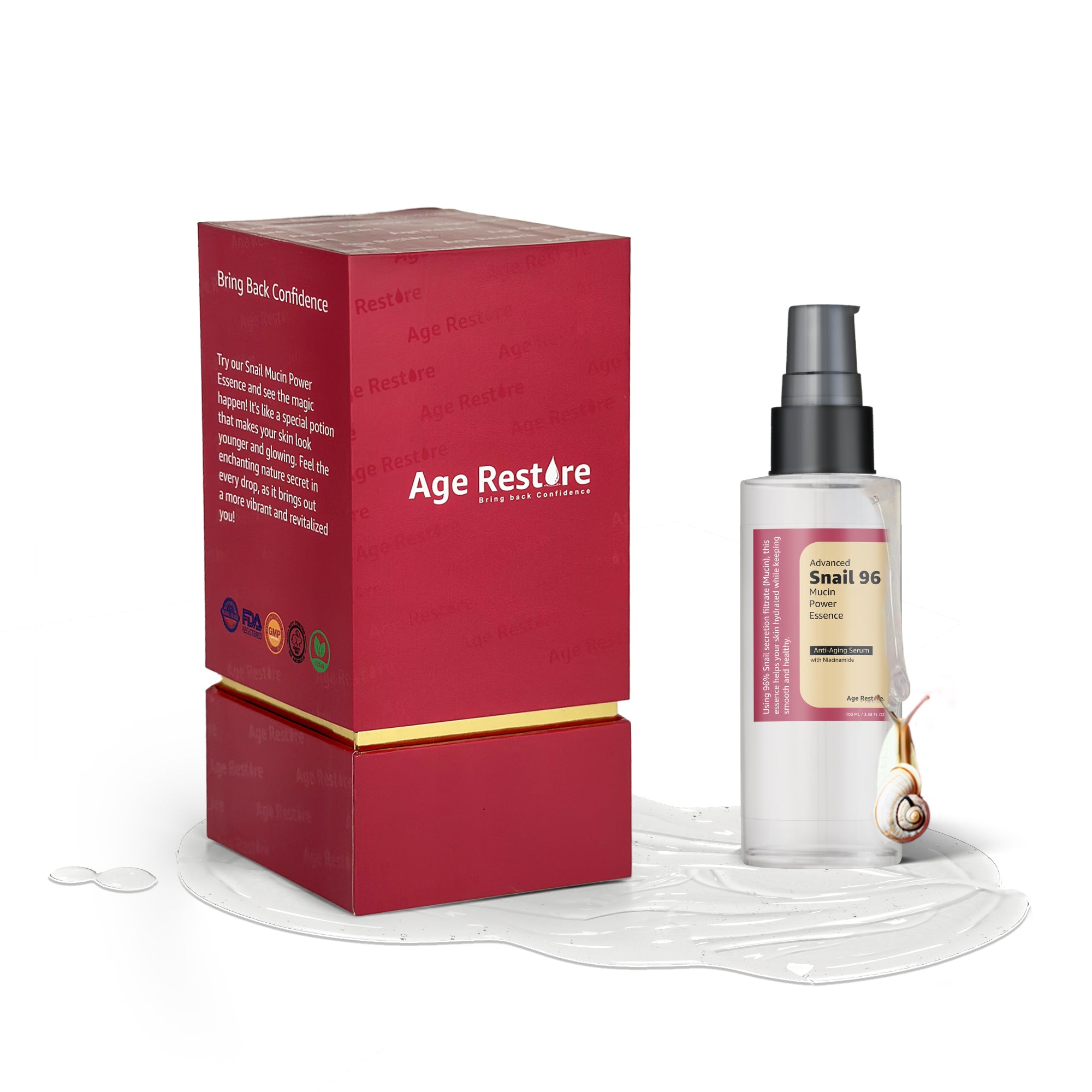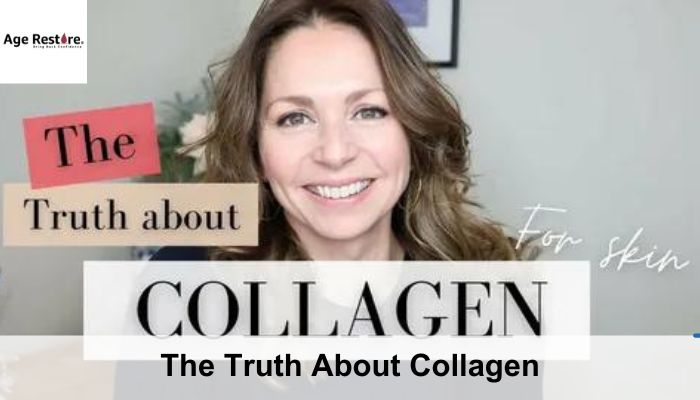
The Truth About Collagen
Collagen Is An Essential Component of Our Skin. But Why Is Collagen Loss Happening, And Can Skincare Rebuild What Has Already Disappeared? Here Is Everything We Know.
If you're here, chances are you are curious about your skin and its functions, which means you may know a bit about collagen's role in maintaining overall skin health - an impressive role indeed! Hint: it plays quite an essential part!
Know much about collagen? Like what happens as you age and what does its use in skincare truly entail?
Are you keen on expanding your knowledge of collagen (try saying that three times after drinking some pinot!)? Read on for all the necessary details...
What Is Collagen?
Collagen is the most abundant protein found within your body and is composed of amino acids. While there are numerous types of collagen available, only four main variants (type I being the most abundant) make up 90% of the total collagen levels in your body.
Collagen is found throughout our bodies' connective tissues, acting like glue to provide strength, resilience, and resilience. You'll find collagen in bones, muscles, teeth, and blood but its production most commonly takes place beneath the skin surface in its dermis layer.
How Does Aging Affect Collagen?
When we are young, our skin is abundant with collagen which makes it soft, strong, plump, and wrinkle-free. Unfortunately, once we reach our 20s we produce approximately 1-1.5 percent less collagen every year due to intrinsic aging; this leads to skin thinning and weakening over time that is out of our hands and causes irreparable changes to its structure.
Lifestyle factors, diet choices, sleep duration, and stress all play a role in collagen depletion in skin tissue. Environmental influences like pollution and UV exposure also cause free radicals that degrade collagen over time - this process of extrinsic aging is something you have some control over.
So, Can You Slow Down the Rate At Which Your Skin Loses Collagen?
Both yes and no - intrinsic aging is inevitable and you cannot change time itself, while other factors are up for debate; one major culprit being UV radiation from sunlight which accounts for around 80 percent of extrinsic aging - you should therefore protect your skin every day with antioxidant products like Vitamin C Facial Serum followed by broad-spectrum sunscreen.
Sleep, quitting smoking, and managing emotional stress are also vital for maintaining firmer, younger-looking skin. Your diet also plays a role: sugar and refined carbs can wreak havoc with collagen production so it is best to stay away from these. Instead, increase antioxidant-rich fruit and veggies and be sure to consume ample protein as this will enable the production of quality collagen for firmer and younger-looking skin.
Meat, poultry, seafood, dairy products, beans, and tofu all play an essential part in producing quality collagen production.
What Is the Deal With Collagen In Skincare?
Experts remain divided as to whether using skincare containing collagen works. Unfortunately, collagen's complex molecular structure makes it hard for it to penetrate the skin when applied topically; hydrolyzed collagen (collagen broken down into smaller molecules called peptides) may absorb into the skin more readily but further research needs to be conducted before drawing a definitive conclusion.
If you're uncertain, opt for skincare ingredients that stimulate natural collagen production rather than applying synthetic forms topically. Retinol, MSM, and vitamin C have all been demonstrated to boost production naturally while inhibiting breakdown. Retinol in particular has an outstanding record when it comes to increasing your levels.
Try Retinol Facial Serum or Vitamin C Super Serum + as they both offer multiple antioxidant properties to protect skin from free radical formation and subsequent collagen damage. Also, remember to wear sun protection.
What About Collagen Drinks & Supplements?
Unfortunately, there's little hard evidence supporting whether collagen shots or supplements can effectively help make wrinkles disappear. Some research papers do show promise, though experts also believe that by the time collagen has entered your bloodstream its potency and quantity may have diminished considerably.
Hydrolyzed collagen supplements show promise as these can be more easily absorbed by the body.
Maintaining quality collagen for as long as possible? Aim for a balanced diet, use daily sun protection, and apply antioxidants/retinol as directed regularly.
Visit our products: Retinol Serum for Face

